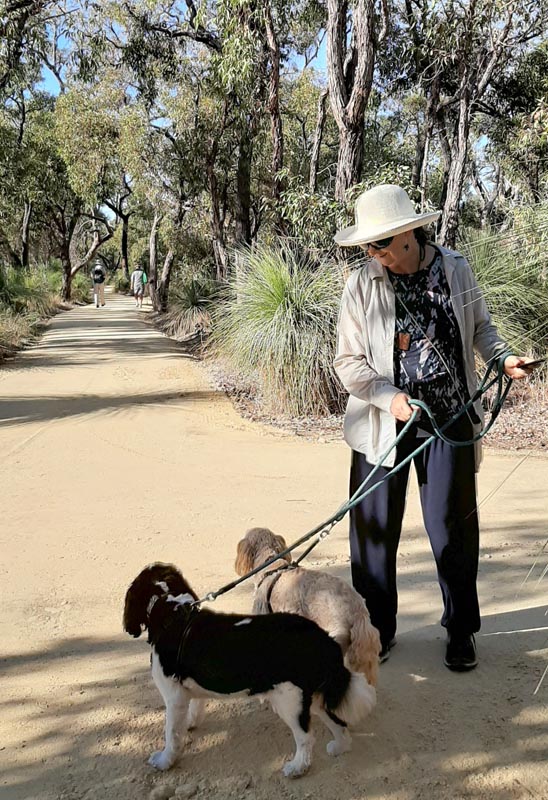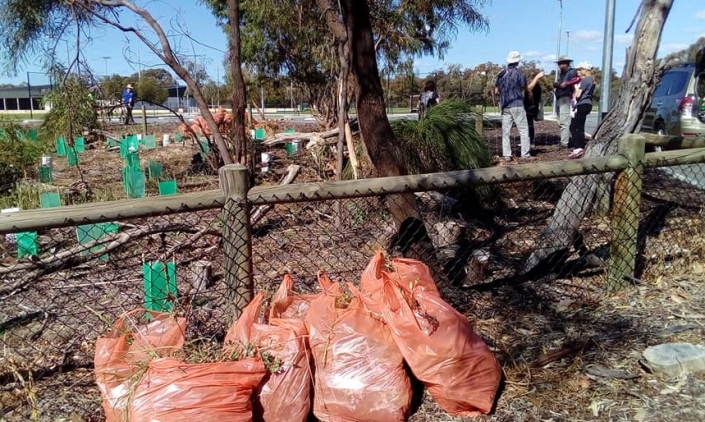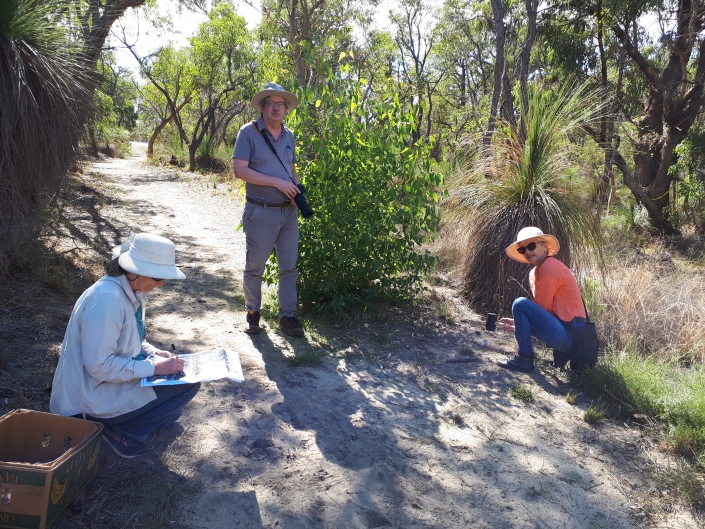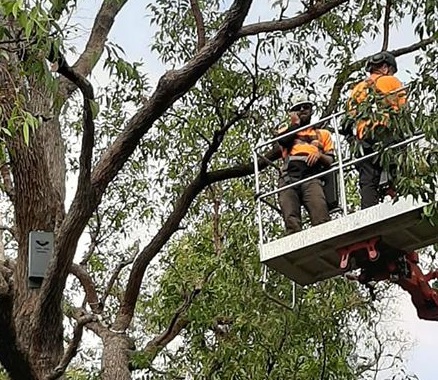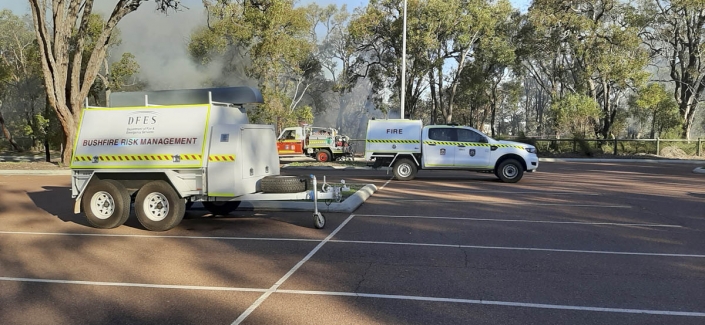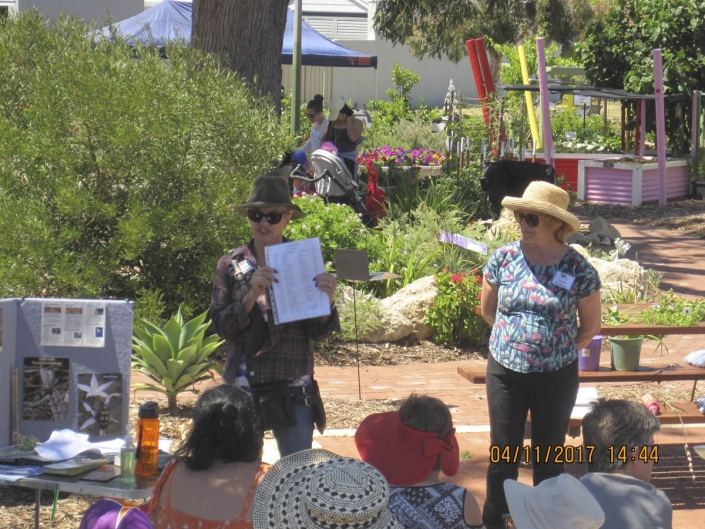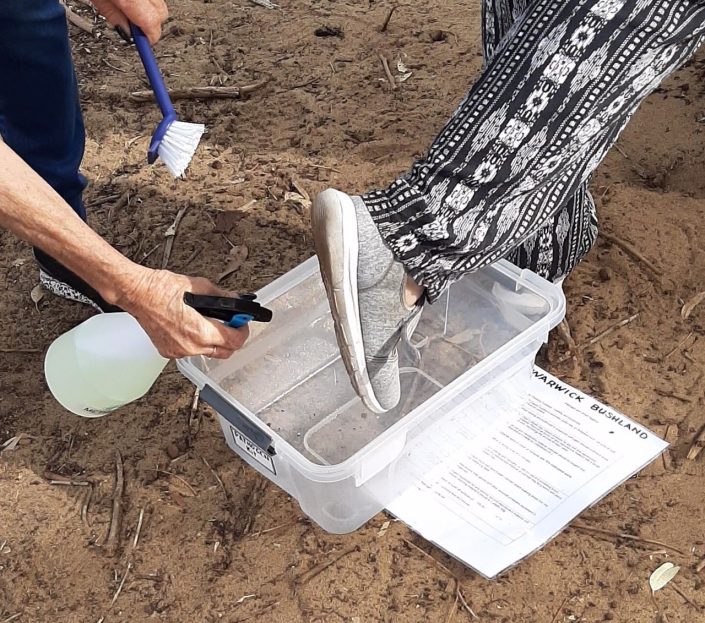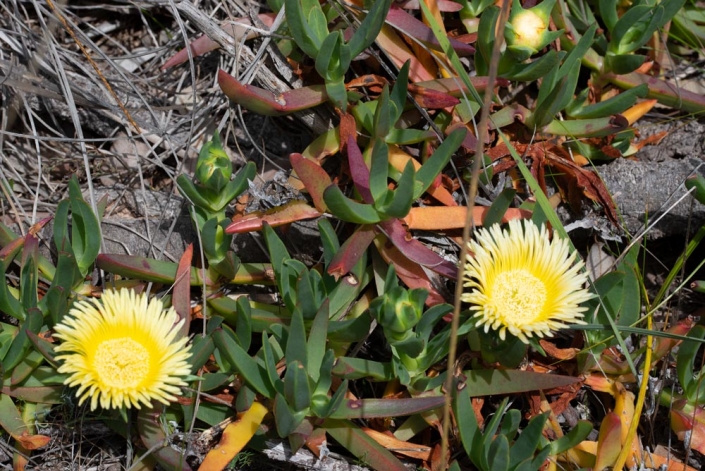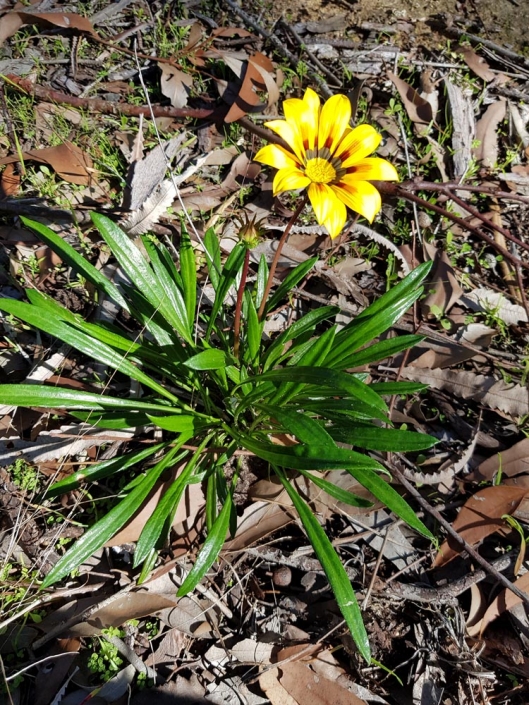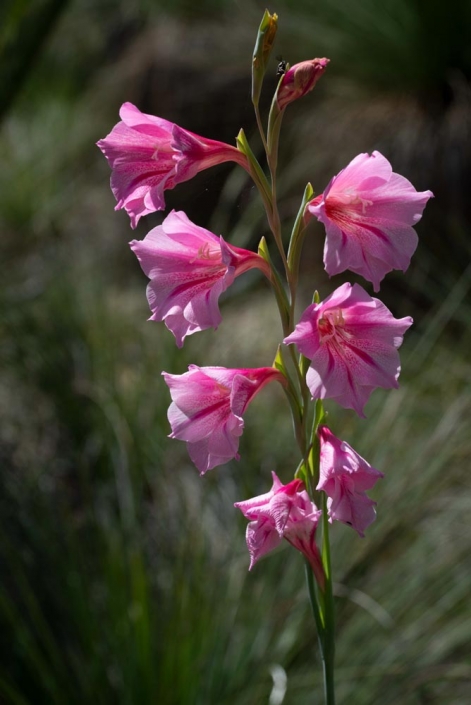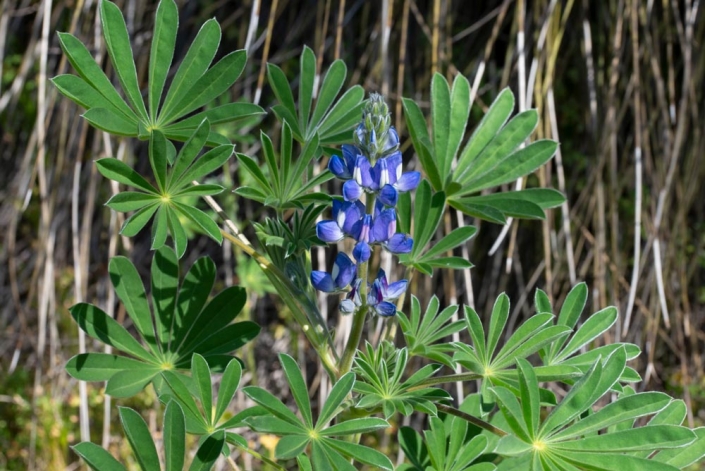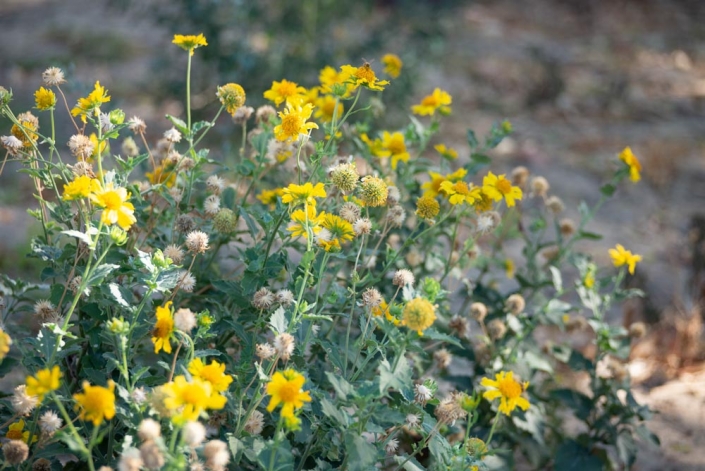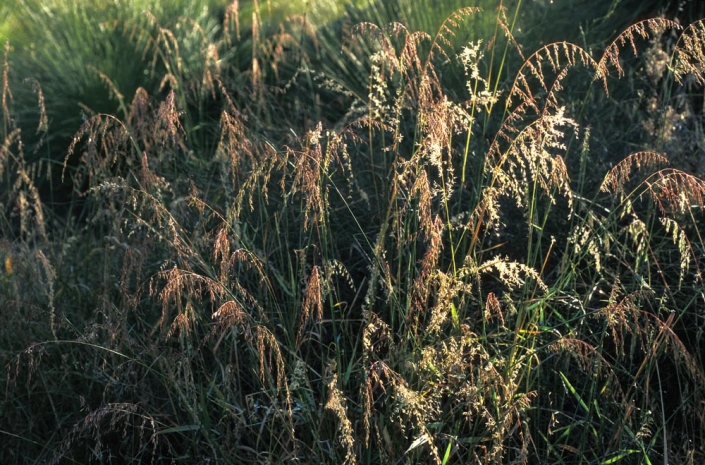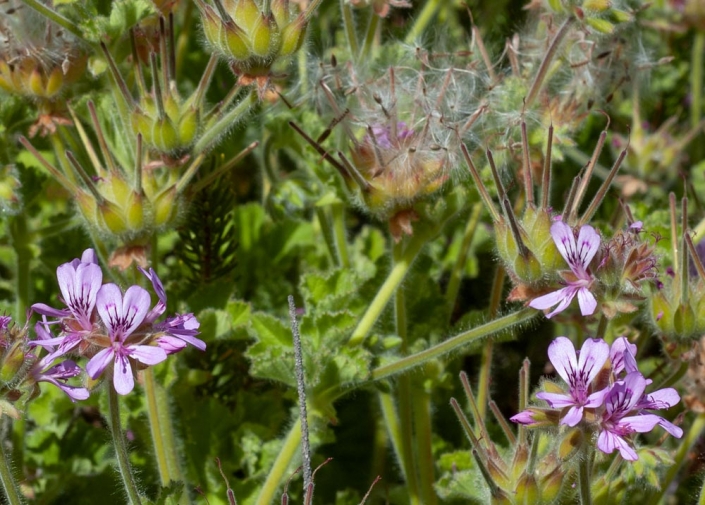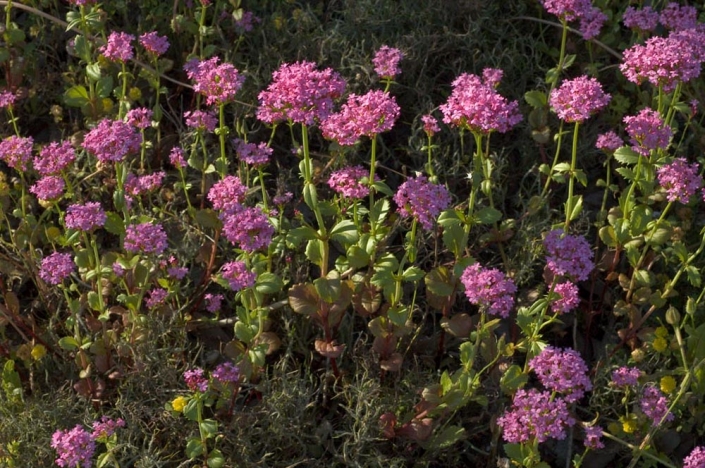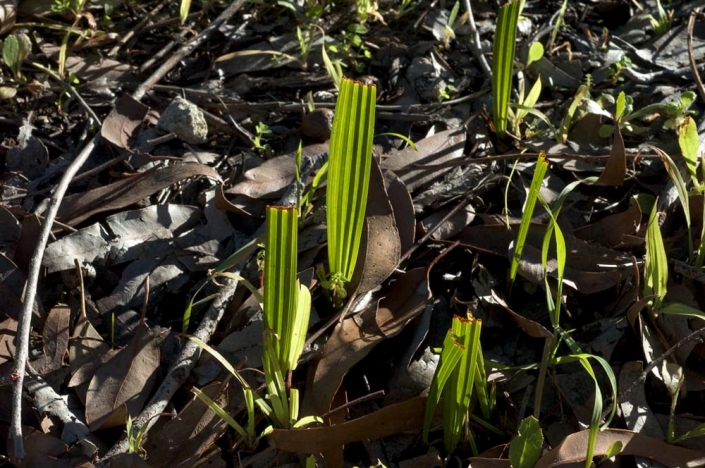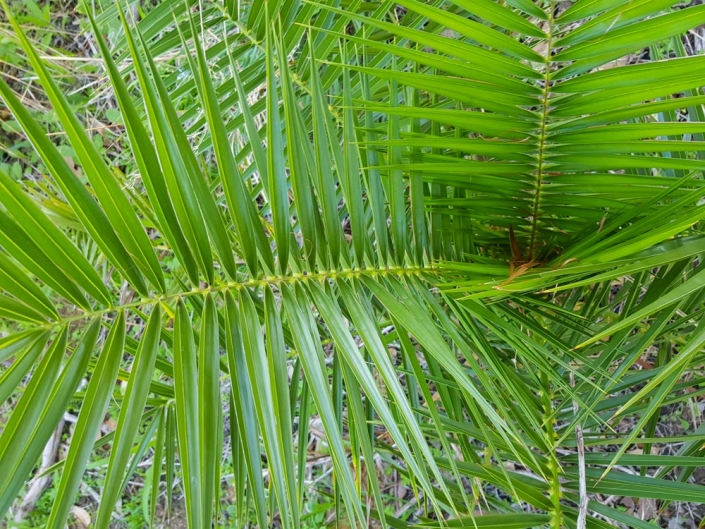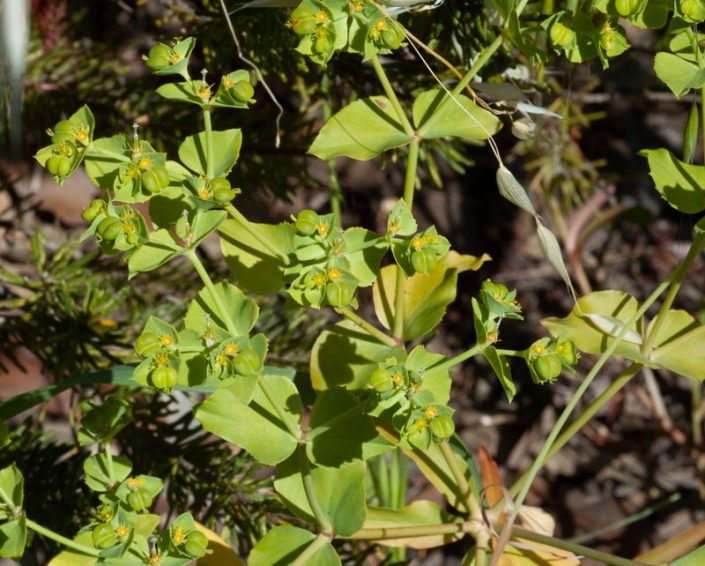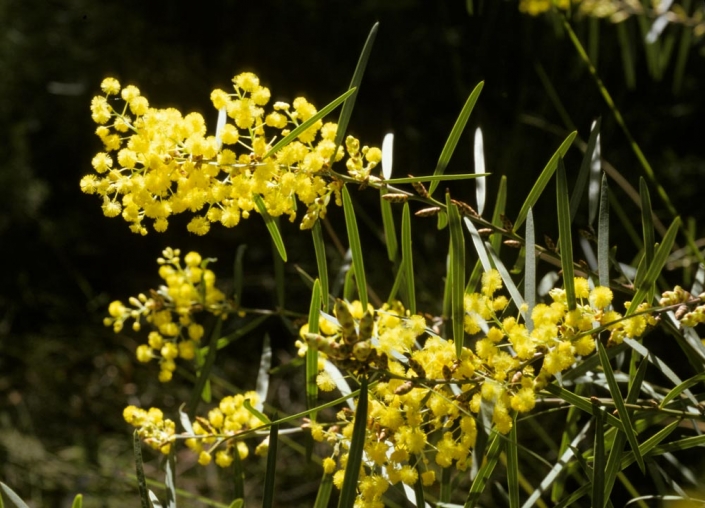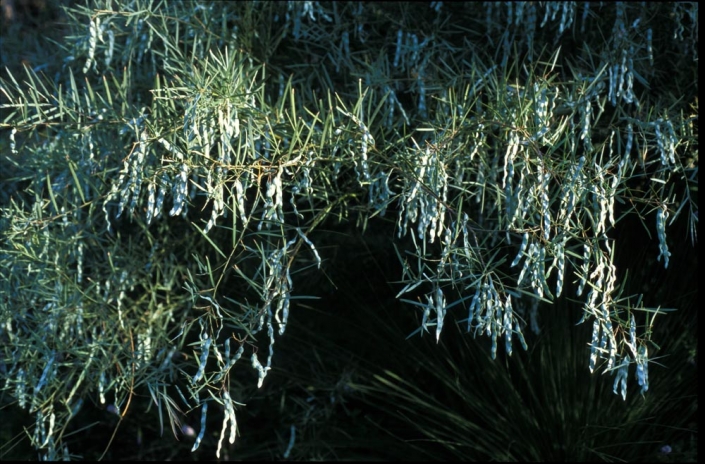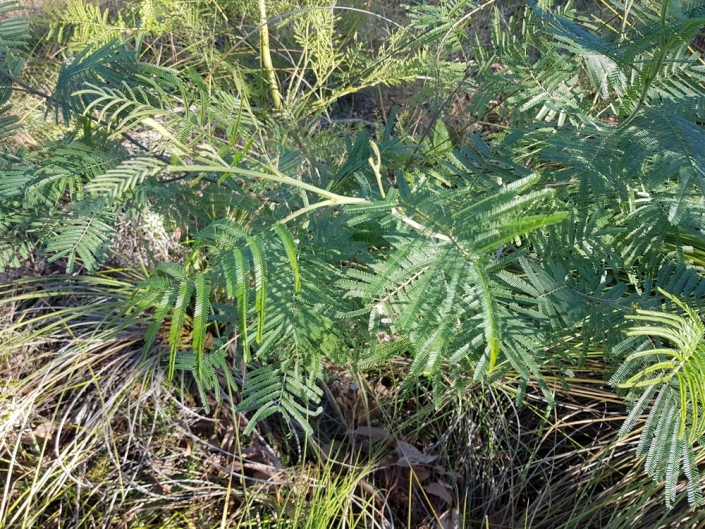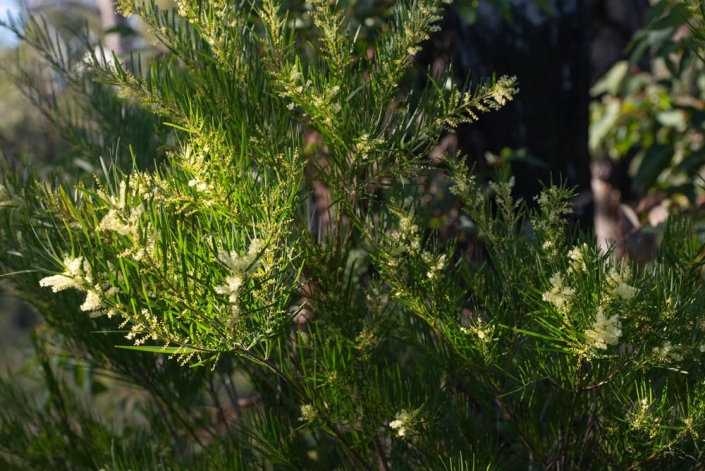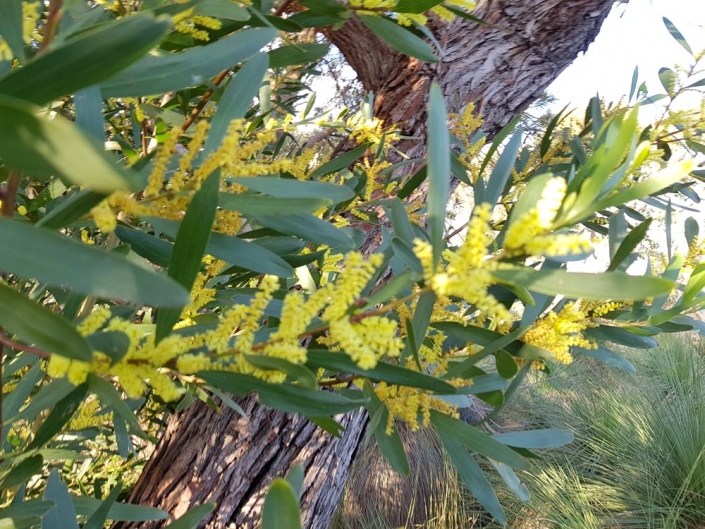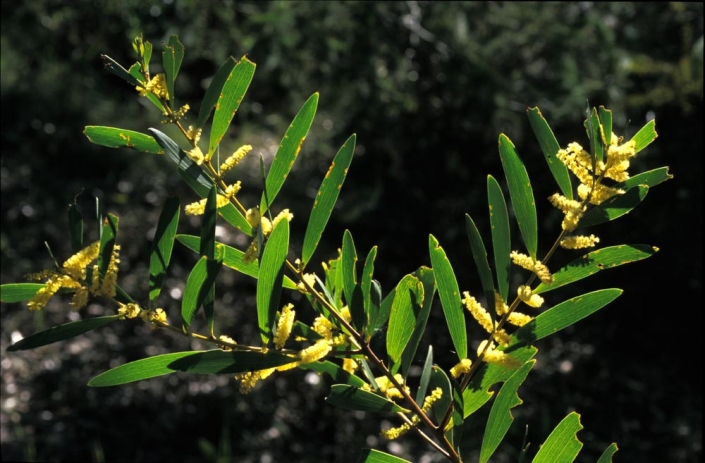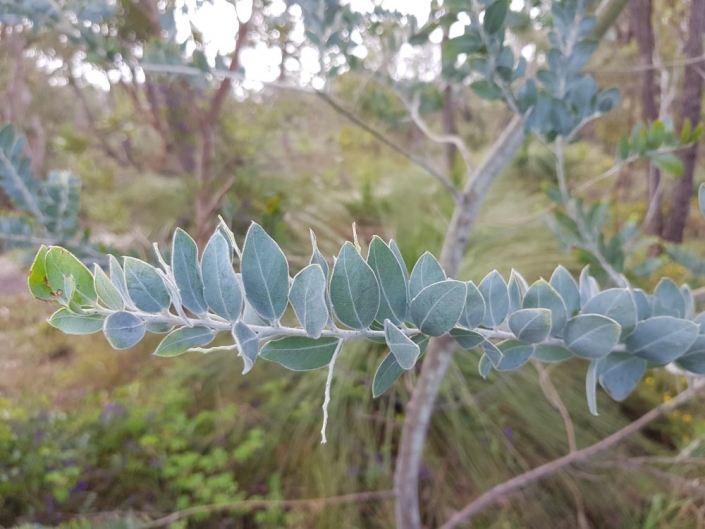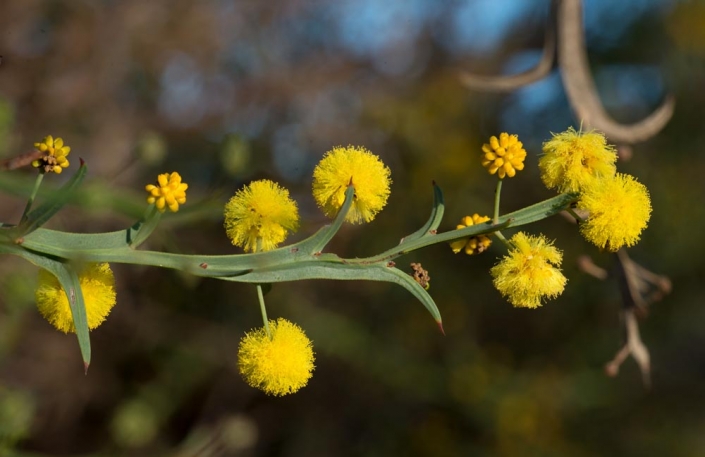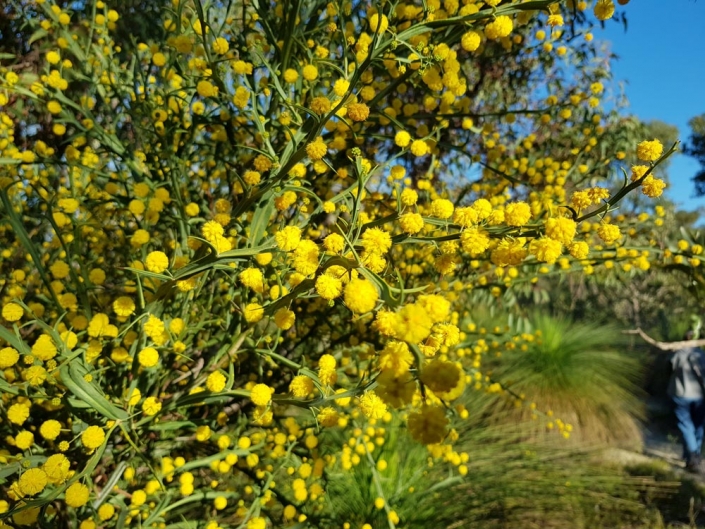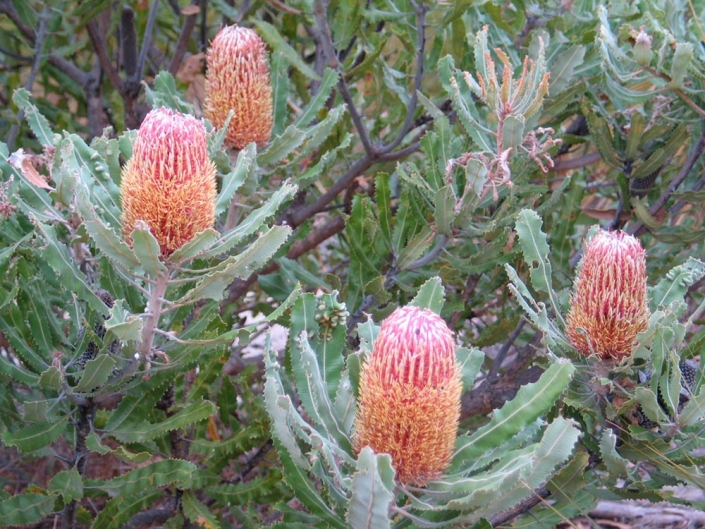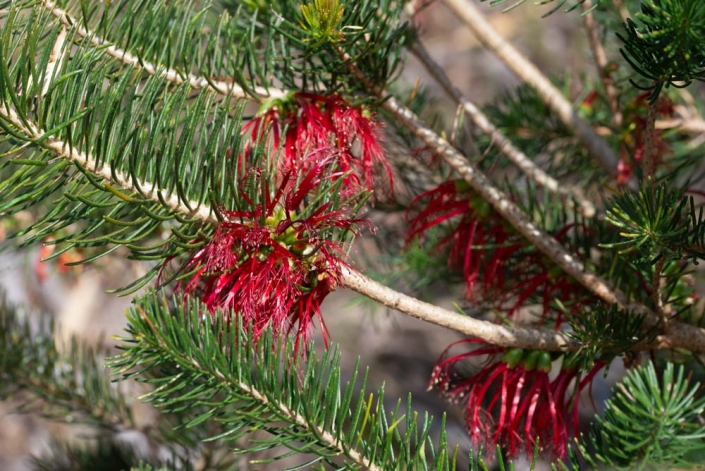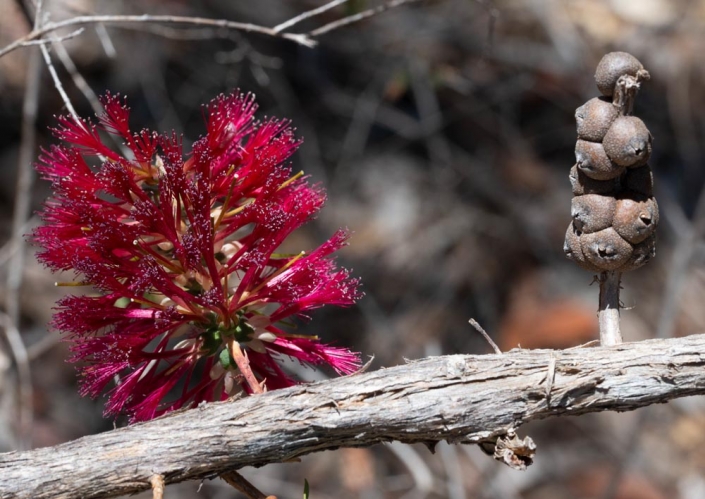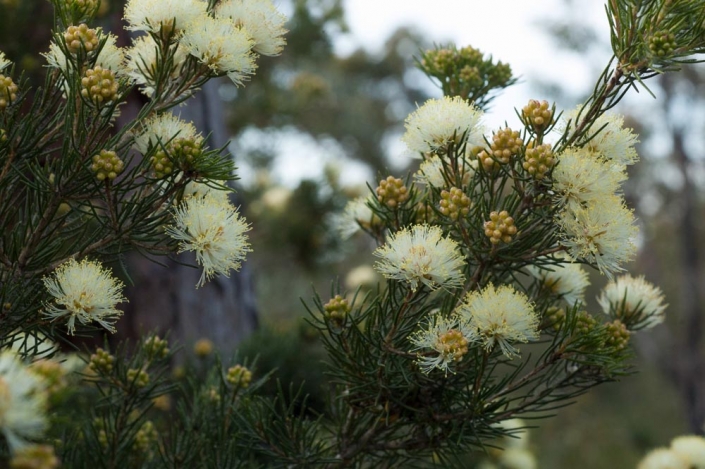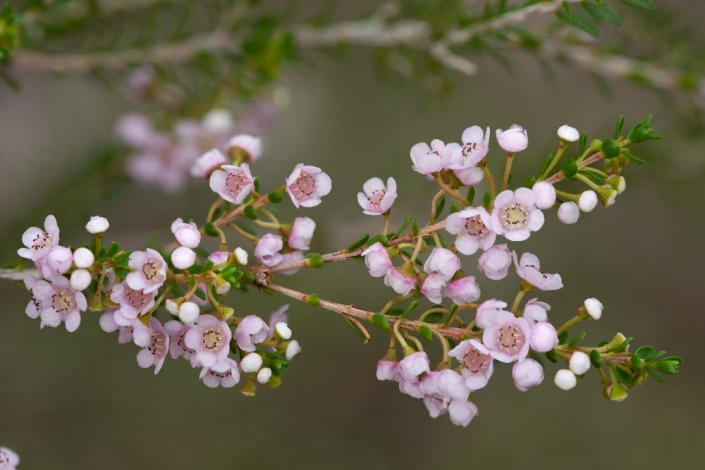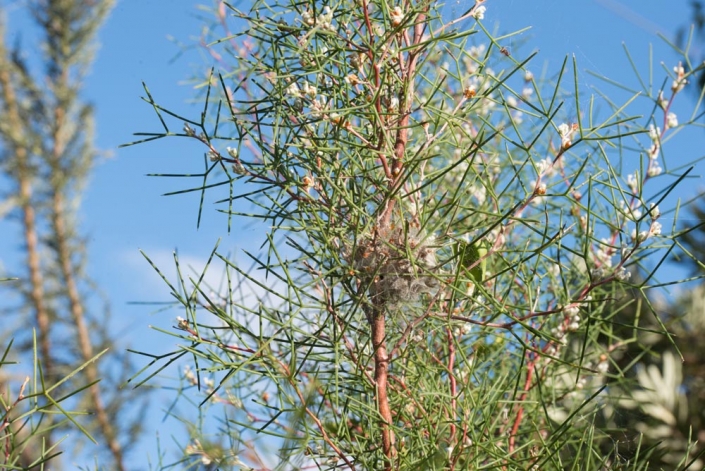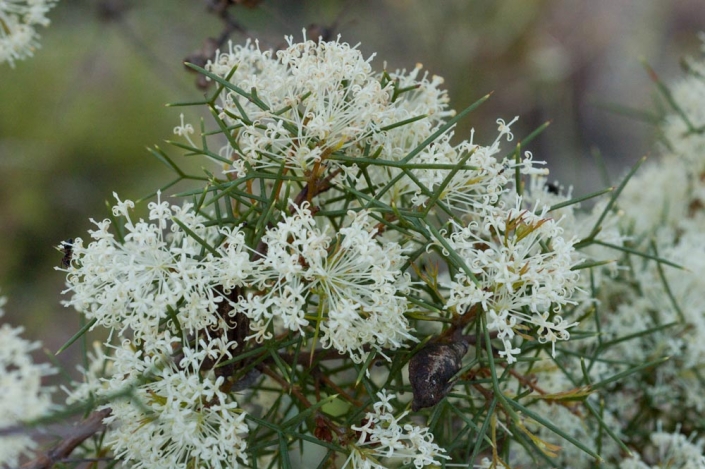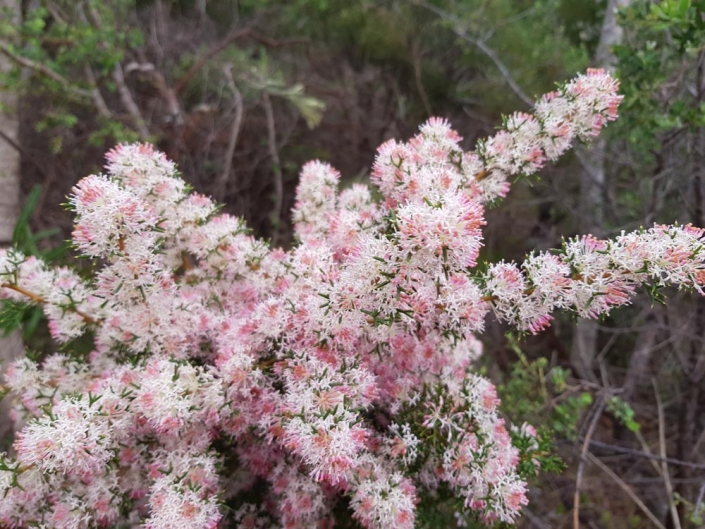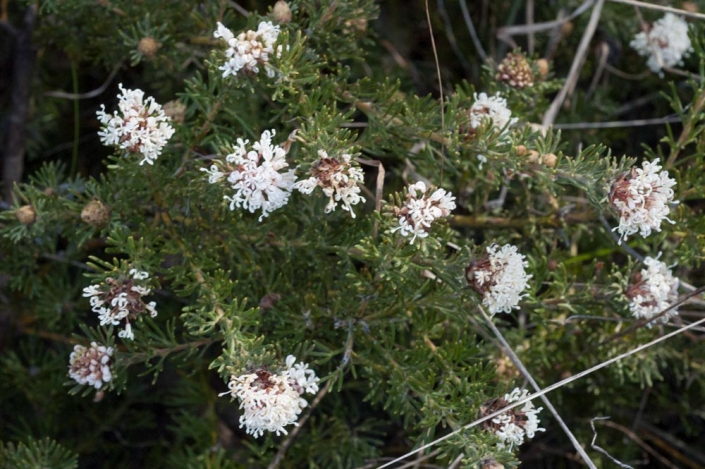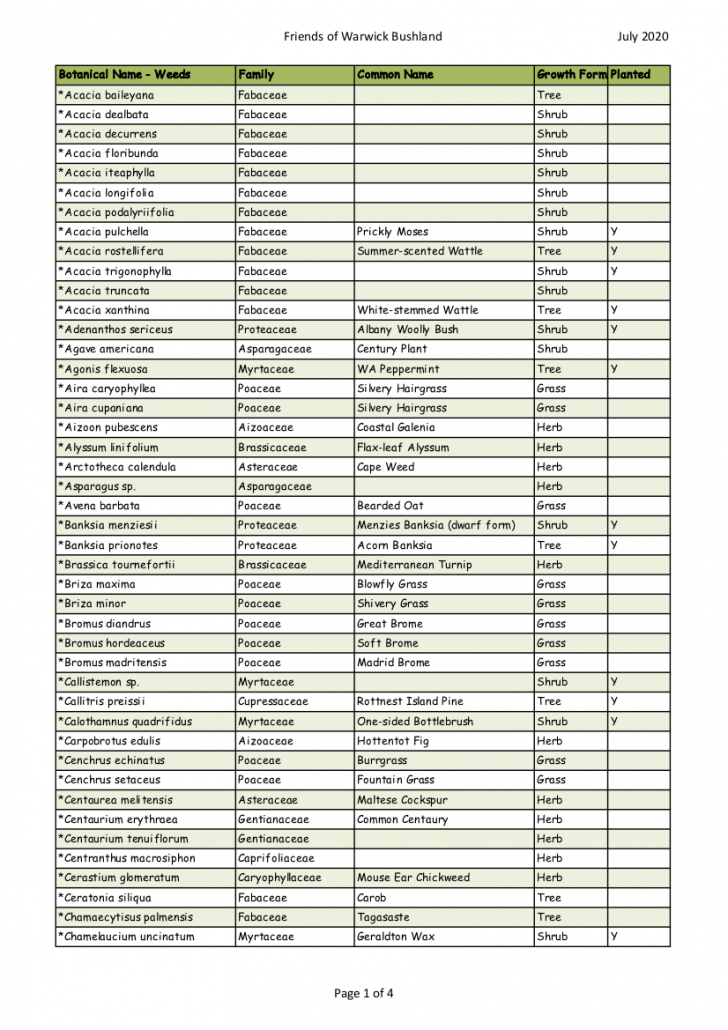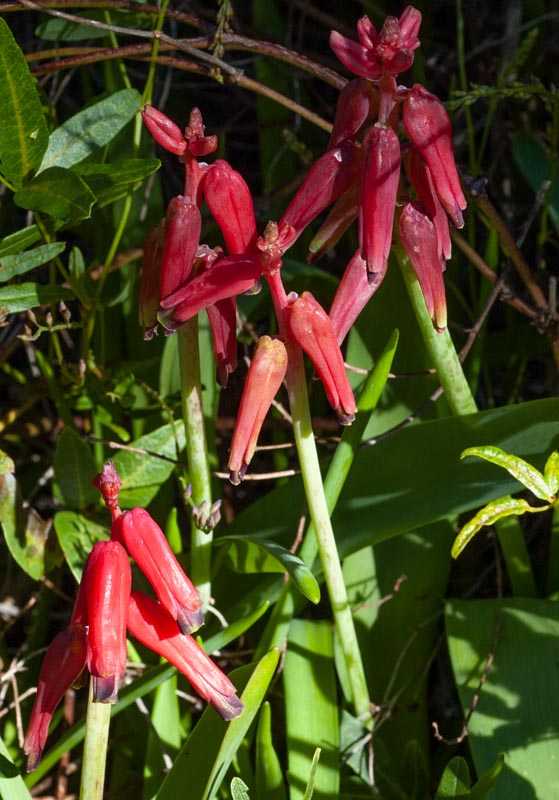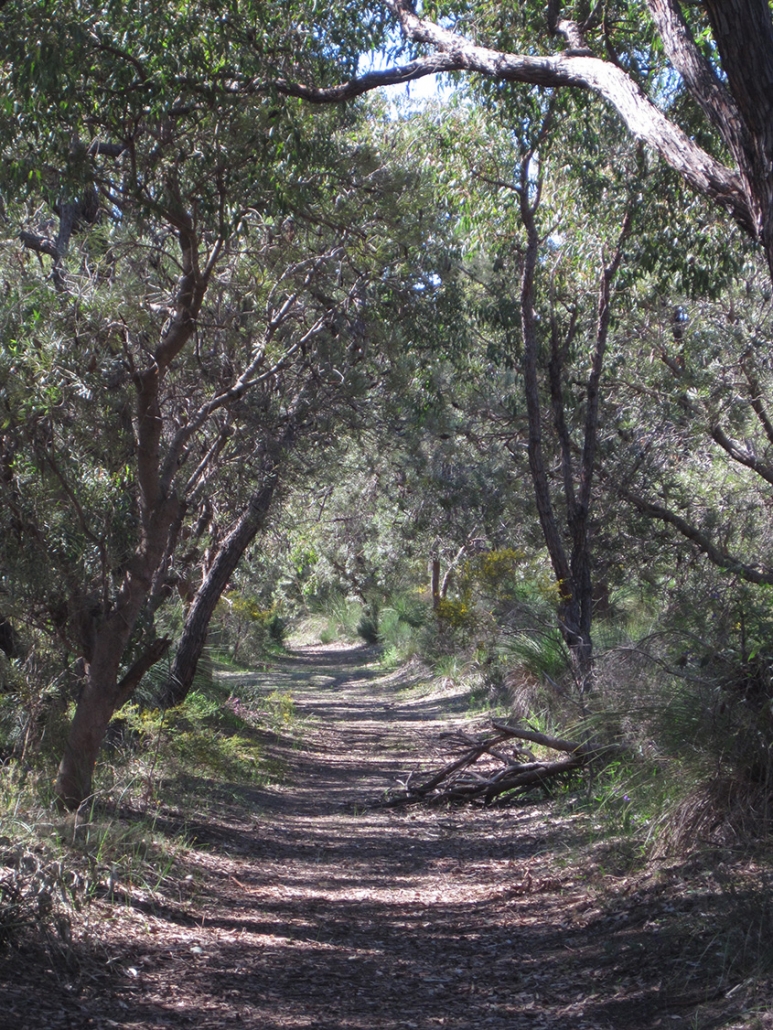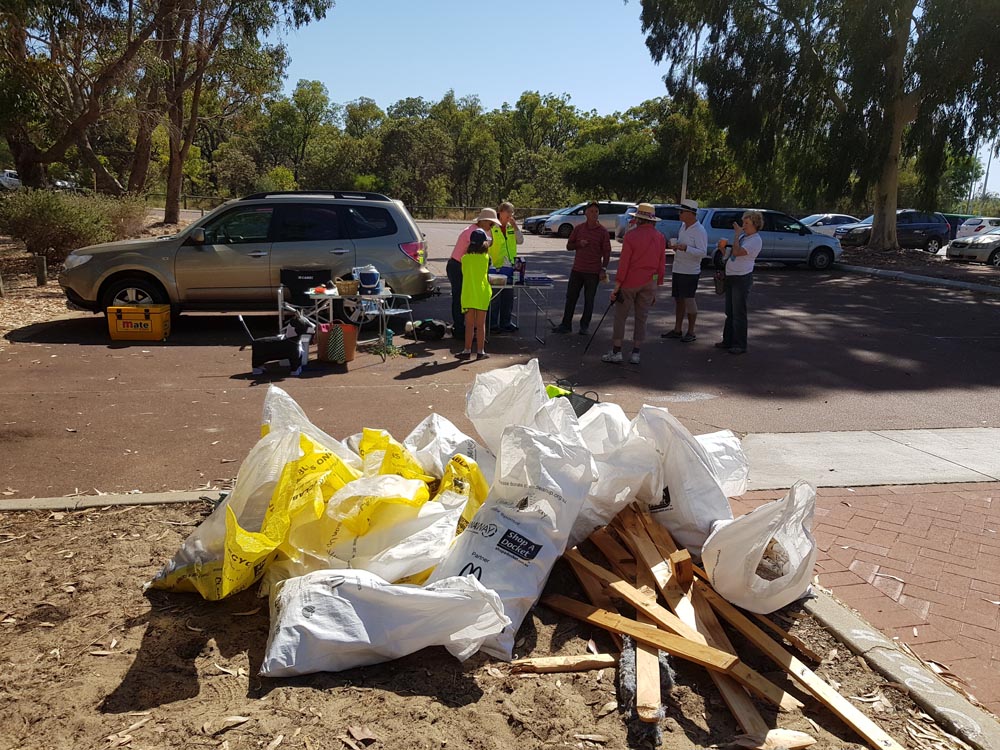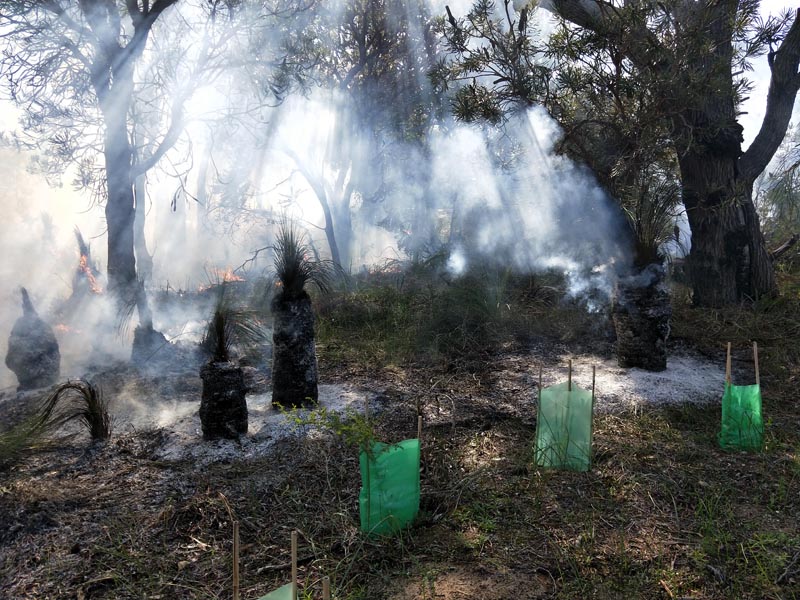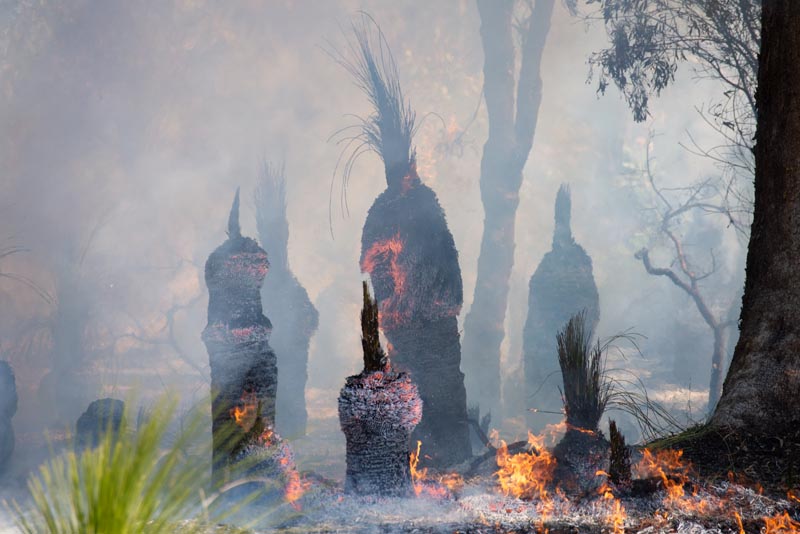Bushland Management
Caring for our Bushland
When visiting your local bushland there are actions you can take to protect the health of these areas.
Here are some ways you can help:
- Report fires immediately on 000.
- Stay on the main walk trails. This minimises disturbance to plants and wildlife by not having too many walking tracks throughout the bushland. This is also for your safety as poisonous snakes occur here.
- Pick up litter you see in the bushland. It is handy to take a disposable bag with you to collect and remove the rubbish.
- Make sure your dog is on a lead. Please remove and dispose of dog droppings to reduce fertilising weeds and encouraging them to spread. Bags and disposal bins are located near the oval and south of the tennis courts.
- Report anti-social behaviour to City Rangers on 1300 655 860.
- Report damage, dumped garden or household waste to the City of Joondalup. It’s easy, go to https://www.joondalup.wa.gov.au/kb/resident/reporting-damage-in-the-city and fill out the simple form. Location is recorded automatically if you’re on site and photos can be uploaded.
- Any obstructions noticed along the firebreaks and walk trails can be reported using the City of Joondalup link above. It is very important safe access for Fire Brigade vehicles is maintained.
- Become a member of Friends of Warwick Bushland.
- We are all valued volunteers.
Enjoy and tell others about us.
Dogs
Dogs on a lead are welcome in Warwick Conservation Reserve. Please remove their droppings as they add substantial amounts of fertiliser to the bushland, which benefits only weeds. These nutrients also move in the groundwater we drink. Scratchings made by dogs create disturbed areas that encourage weed growth. This is manageable along pathways where weeds can be sprayed but not within the bushland itself. Dogs may also disturb native wildlife if off lead, animals like bandicoots and quail are especially vulnerable.
Cats
Cats, like dogs, are hunters but are not usually walked on lead so cannot be supervised. For the safety of our wildlife it is best to keep your cat indoors at night as if they do hunt, they prefer to be nocturnal.
Caring for Warwick Bushland
Weeds in the Bushland
Weeds invade and take over ecosystems and are not in balance with other flora and fauna. Many ornamental plants from gardens have become environmental weeds in our bushland due to dumping of garden waste or spread of seed by birds. There are over 170 species of weeds recorded in Warwick Bushland, but some of these have been eradicated. These are listed below. Serious weeds such as Acacia trigonophylla, Rose Geranium, Geraldton Carnation Weed, Pigface, Watsonia, Veldt Grass, Freesias and Lachenalia are the focus of current management actions by the City of Joondalup, guided by weed maps and a strategic prioritisation process by the Friends Group. This group has received grants for weed control in 2020 and contributes substantially by hand weeding and recording new outbreaks.
Friends of Warwick Bushland hold weeding sessions during the year. To become more informed and aware of weeds that impact the bushland become part of our bushland care activities. Check out our Facebook page, website or newsletter for the next bushcare session.
For more information see the Environmental Weeds Guide here.
Common Weeds
Weedy Acacia Species
Non-local Planted Native Plants
Plant Pathogen Protection
Signs have been placed through the Bushland showing the City of Joondalup is aiming to prevent certain pathogens from spreading. One of the main pathogens of concern is that of the Phytophthora species. Phytophthora are water moulds that infect and kill plant roots and stems. Many of our native plants are susceptible to this dieback disease, especially those from the Proteaceae (banksia’s and hakeas), Ericaceae (snottygobble), Myrtaceae (eucalypts) and Xanthorrhoeaceae (grass-trees) families.
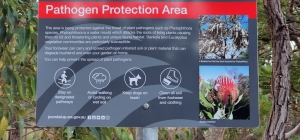
Protect the bushland from Pathogens
Phytophthora produces zoospores in large numbers. They thrive in moist and wet conditions. Zoospores swim toward plant roots and adhere to, and infect, the roots producing mycelium (branching, thread-like filaments). The Phytophthora mycelium draws nutrients from plant cells, fueling further growth and reproduction of the pathogen but killing the plant cells in the process. The entire plant dies if the root system becomes extensively infected or if Phytophthora reaches the collar (stem/trunk base) of the plant, cutting off water and nutrients to the crown (leaves and branches).
In the Bushland, the disease can be spread by animals (eg. dogs) when infested soil gets caught in their feet and fur and it drops off in un-infested areas. Humans also spread the disease and spread it faster and further than by any other means. Infested soil on boots, clothing, and vehicles transports Phytophthora spores to new sites, especially in wet conditions.
The impacts of dieback are negative, permanent, and irreversible.
Ways you can prevent the spread of these types of pathogens are to:
- Clean all soil from footwear and clothing before entering or moving around the Bushland
- Stay on the paved pathways
- Keep your dogs on leash and on the paved pathways
- Avoid walking or riding on wet soil
- Clean on exit from the Bushland as well, to prevent taking potentially infested soil home to your garden or other bushland sites.
- Carry a spray bottle of methylated spirits in your car and/or a dieback hygiene kit so you can disinfect your shoes and walking equipment on entry and on exit from the Bushland.
Please help prevent the spread of this pathogen and its devastating effects.
More information can be obtained from this website:
https://www.dbca.wa.gov.au/parks-and-wildlife-service/threat-management/plant-diseases/phytophthora-dieback
See the City of Joondalup Pathogen Management plan here.
Bushland Management Plan
Warwick Open Space is classified as a Major Conservation Area and is ranked in the City of Joondalup’s top five natural areas due to the high biodiversity values of the area.
The majority of the native vegetation on site is in very good or excellent condition and surveys have identified 217 native flora species (including one naturally occurring priority species and three naturally occurring significant species), 69 native fungi species, three native mammals, 64 native birds (including seven species of conservation significance), 16 native reptile species (including one species of conservation significance), two native amphibians, and 34 native invertebrates (including three species of conservation significance).
Environmental threats have the potential to degrade natural areas and reduce biodiversity values. Environmental threats addressed in the Warwick Open Space Bushland Management Plan include weeds, plant diseases, fire, non-native fauna species, human impacts, access and infrastructure.
Management actions have been proposed for the next five years and include regular weed control, annual fire fuel load assessments, engaging consultants to undertake flora, weeds, fungi, fauna, bat and invertebrates surveys and implementation of the City’s Pathogen Management Plan. The management actions will be implemented in partnership with key stakeholders and community groups, where relevant.
See here for the Warwick Open Space Bushland Management Plan.
For more information on how to protect our Natural Areas and Parklands from the City of Joondalup.
Climate Change Plan
Climate change is an important emerging issue for local government. Climate change will affect a number of areas that local government is responsible for including infrastructure, health services, water management, emergency management and the natural environment. The City of Joondalup Climate Change Strategy 2014-2019 will provide guidance to the City’s climate change activities over the next five years.







